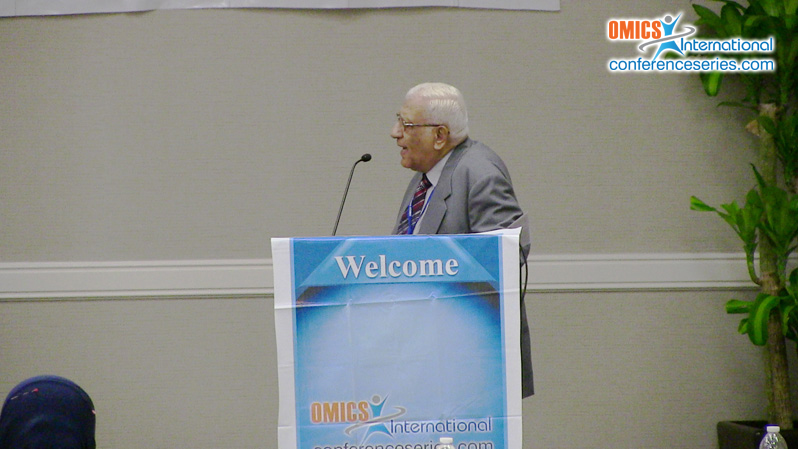
Hassan K Bassiouny
Alexandria University, Egypt
Title: Validity of polymerase chain reaction (PCR) versus coproscopic examination for diagnosing infection with Schistosoma mansoni in low intensity endemic area in Egypt
Biography
Biography: Hassan K Bassiouny
Abstract
Introduction: Egypt is one of the most highly endemic countries with localized transmission foci of schistosomiasis, re-infection is continuing problem in rural areas due to lack of improvement in sanitation conditions.
Aim of work: This study assessed the validity of conventional PCR (cPCR) versus coproscopic techniques as gold-standard for diagnosing of S. mansoni infection in low intensity endemic area in Kafr El-Sheikh governorate, Egypt.
Methodology: It was a cross-sectional study. The study examined faecal samples of 120 primary schoolchildren [74 (61.7%) males and 46 (38.3%) females] with mean age 10.16±0.798 years (range: 9-12 years). Three fresh stool samples were collected on three consecutive days from each study subject and examined by FECS (3 slides from one fecal sample of the first day), Kato-Katz (10 slides from 3 fecal samples on 3 consecutive days- 6 slides on the first day and 2 slides on 2nd and 3rd days samples respectively) and cPCR (one sample of the fecal specimen of the first day).
Results: The prevalence S. mansoni infection was 40.0%, 69.2% and 80.8% by the three techniques respectively. All infected cases were of low intensity of infection. The Kappa index and diagnostic parameters showed a good diagnostic value of cPCR as compared to coproscopic examination.
Conclusion: cPCR demonstrated a good diagnostic performance for the detection of S. mansoni in low intensity endemic area versus coproscopic examination as gold-standard.


